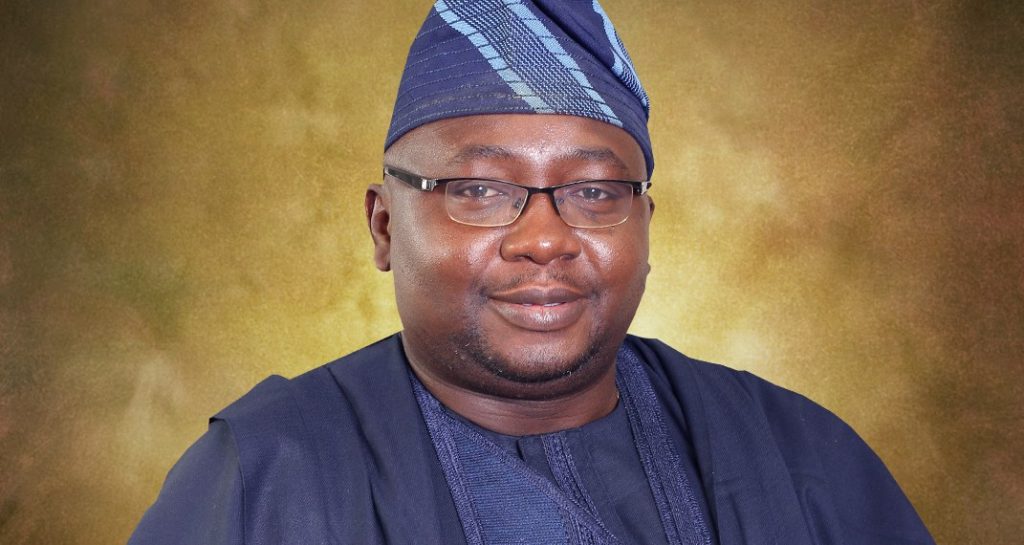Paragraph 1: Power Grid Stability Improves with Capacity Boost
Nigeria’s power grid has experienced a significant boost in stability, thanks to a substantial increase in transmission capacity. The Minister of Power, Adebayo Adelabu, announced the addition of 700 megawatts (MW) to the grid, attributing this achievement to the Presidential Power Initiative (PPI). This initiative, backed by $2.3 billion in funding, has focused on revitalizing the transmission infrastructure. Previously, the grid struggled to maintain stability when supply approached 5,000 MW, often leading to collapses. With nearly 90% of the new capacity installed and operational, the grid now handles averages of 5,000 MW to 8,000 MW with improved stability, demonstrating the positive impact of the government’s efforts.
Paragraph 2: Record-Breaking Power Generation and Consumption Milestones
This administration has achieved two remarkable milestones in the power sector. Firstly, Nigeria recorded its highest-ever average daily power consumption, exceeding 20,000 kilowatt-hours (kWh). Secondly, the Nigerian Electricity Supply Industry (NESI) achieved a new peak in transmitted and distributed energy, reaching 5,801.63 MW, surpassing the previous record set in 2021. Additionally, the country’s available generation capacity reached 6,003 MW. These achievements reflect the government’s proactive approach and investment in the power sector, resulting in tangible improvements.
Paragraph 3: Call for Continued International Support and Collaboration
Minister Adelabu emphasized the critical role of the power sector in driving economic growth and called on European Union (EU) member states to maintain their technical and financial support for Nigeria’s power sector development. He highlighted the sector’s significance for overall economic performance and expressed Nigeria’s commitment to ongoing collaboration with the EU and other development partners. The Minister specifically acknowledged the substantial financial contributions from EU nations like Germany and France, emphasizing the importance of these partnerships in achieving bilateral and multilateral agreements.
Paragraph 4: Presidential Commitment to Power Sector Transformation
Adelabu assured EU Ambassador Gautier Mignot of President Bola Ahmed Tinubu’s unwavering commitment to addressing the challenges facing the power sector. Tinubu’s administration has provided the necessary support to drive the ongoing transformation, acknowledging the historical underperformance of the sector. The Minister underscored the stark contrast between Nigeria’s power struggles and the stable electricity supply enjoyed by European countries that developed their power infrastructure later. He stressed the need for reliable power to fuel industrial development and reduce Nigeria’s import dependence on manufactured goods, which is currently exacerbated by unreliable power supply.
Paragraph 5: Renewed Hope Agenda and Sector Reforms
The Minister outlined key priorities of the "Renewed Hope Agenda" which seeks to transform the Nigerian power sector. These priorities include strengthening and expanding the existing grid to improve reliability and reduce outages, integrating renewable energy sources like solar and hydro to increase capacity, and implementing policy and investment reforms to encourage private sector involvement and attract foreign direct investment. A key aspect of this agenda is rural electrification, aiming to ensure energy access for all communities through decentralized energy solutions. Adelabu also highlighted the significant impact of the Electricity Act of 2023, signed by President Tinubu, in driving the ongoing revolution in the sector.
Paragraph 6: Recognizing Achievements and Leadership in the Power Sector
Several individuals and organizations received recognition for their contributions to the power sector. The Minister of Power, Adebayo Adelabu, was named Power Sector Personality of the Year. Jennifer Adighije, MD/CEO of the Niger Delta Power Holding Company (NDPHC), received the Young Achiever of the Year award for her role in restoring 230 MW to the national grid and her commitment to expanding generation, transmission, and distribution capacity. Other awards included Energy Governor of the Year for Ekiti State Governor Abayomi Oyebanji and Man of the Year for former NNPC GCEO Mele Kyari, acknowledging the collective effort to transform Nigeria’s energy landscape. These awards highlight the commitment and progress being made across the power sector.














